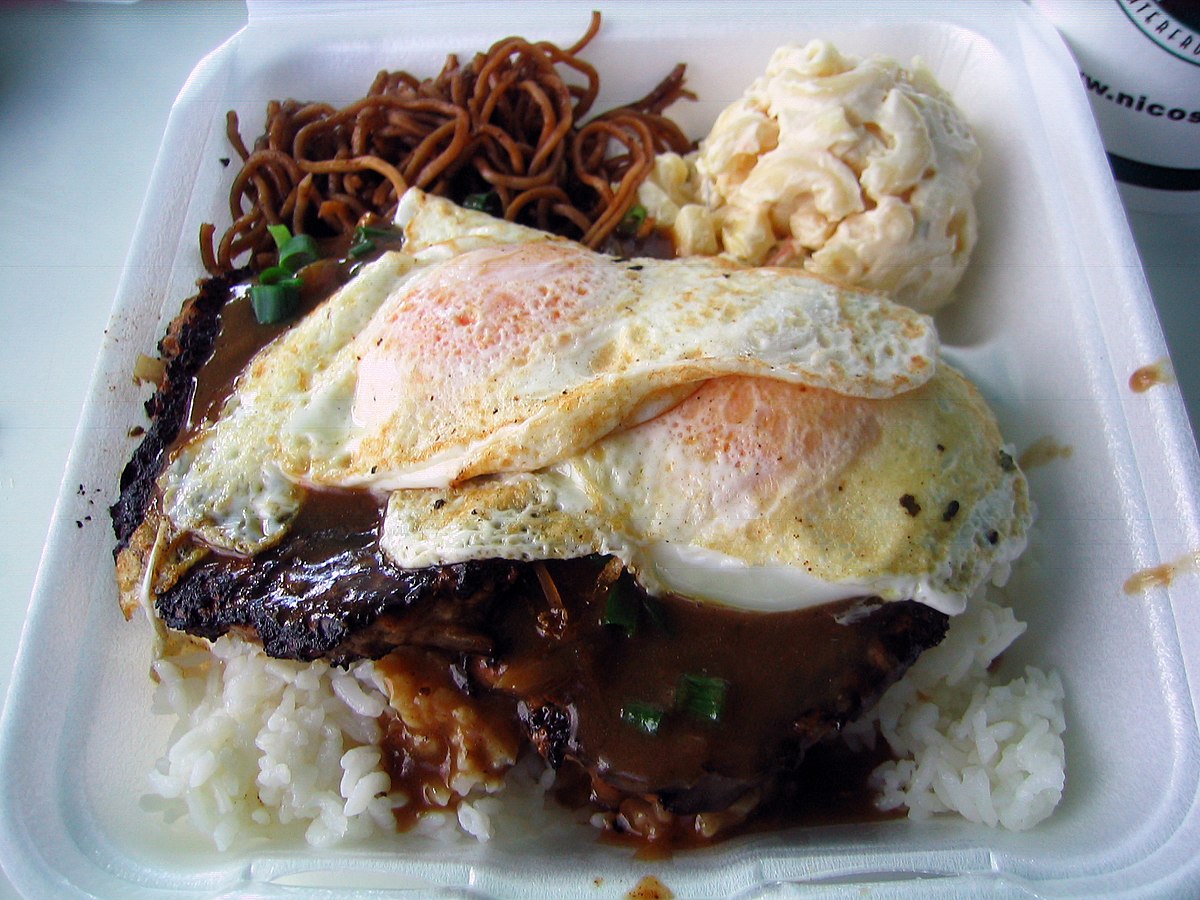Washington Post
Pls refrain from "I thought this was about Hawaiian people poking you or something wtf!!!!" posts
It has never been easier to get poke, the marinated raw ahi tuna that is the unofficial food of Hawaii, on the mainland. You'll find the dish— pronounced po-kay — in Minnesota, Indiana and landlocked Colorado. There's poke from Pittsburgh to Peoria, Ariz. You can buy poke kits in grocery stores, and you don't even have to leave your house for it in Chicago; ASAP Poke, a delivery-only restaurant, will bring it to you. New York has a slew of fast-casual fish places. And in the Washington area, there's Poké Papa, Poki District, Abunai and Honeyfish, all of which have opened in the past four months, joining Hula Girl Bar and Grill, Pokéworks and District Fishwife, which already served the dish.
Homesick Hawaiians must be thrilled, right?
"I tried one, and I swore never to go again," said Sonny Acosta, 30, who moved to New York from Honolulu two years ago. "It's not really poke."
It's not just that poke tastes better when you're in Hawaii. It's that mainland restaurateurs, bandwagoning on what they see as the biggest trend of the year, have changed it into something altogether different — something that people from Hawaii say doesn't respect their cultural heritage. It plays into an impassioned debate in the food world now about whether a dish prepared outside its original context is an homage or crosses the line into appropriation.
Shops in Washington are putting corn in it. They're topping it with kale — kale! They're putting the fish on top of "zoodles," or zucchini noodles, as customers order down a line, Chipotle-style. They're adding a sprinkle of cilantro, or even sweet strawberry sauce. And, adding insult to injury, some aren't even spelling the word correctly.
There are a few reasons poke has boomed on the mainland: It's raw and full of veggies, so it's branded as healthful. And it's relatively simple to open a shop.
"From the business side, it's so easy to make," said Martha Cheng, author of "The Poke Cookbook." "You don't need a full kitchen, you don't need an oven, you don't need a grease trap."
It's also colorful and inherently Instagrammable — especially if you add lots of toppings, like the pink-and-green watermelon radish and neon orange masago, a type of fish egg, available at Poké Papa on H Street.
But it's this "mainland poke," as they call it in Hawaii, that looks different from what you'd find in restaurants and grocery stores on the islands. In Washington, shops are offering more toppings than in a frozen yogurt bar, provoking those who serve a more traditional version of poke — such as Abunai, whose owner, Akina Harada, has Native Hawaiian ancestors — to call out the others: This spring, she posted a sign outside her downtown restaurant: "Friends don't let friends eat FAKE poke."
The option of pineapple might be the gravest offense to some locals in Hawaii. It's already a cultural irritation due to Hawaiian pizza — invented in Canada.
"You get people who complain that we have toppings, and I don't understand," said Chao, who is originally from Missouri and acknowledges his poke isn't authentic. "Just don't get the toppings."
Some restaurants, in an attempt to make an unfamiliar word easier for their customers to pronounce, changed the spelling to "poki" or "poké." But it's imposing a Western spelling and diacritical mark on a Hawaiian word. The spelling, for some Hawaiians, is what makes mainland poke cross the line from ill-intentioned homage to flat-out cultural appropriation.
"It's sort of the continuation of the colonization of our people, where they tell us how we should act, and how we should spell and how we should eat our food," said Noelani Puniwai, an assistant professor of Hawaiian studies at the University of Hawaii at Manoa.
Pls refrain from "I thought this was about Hawaiian people poking you or something wtf!!!!" posts


